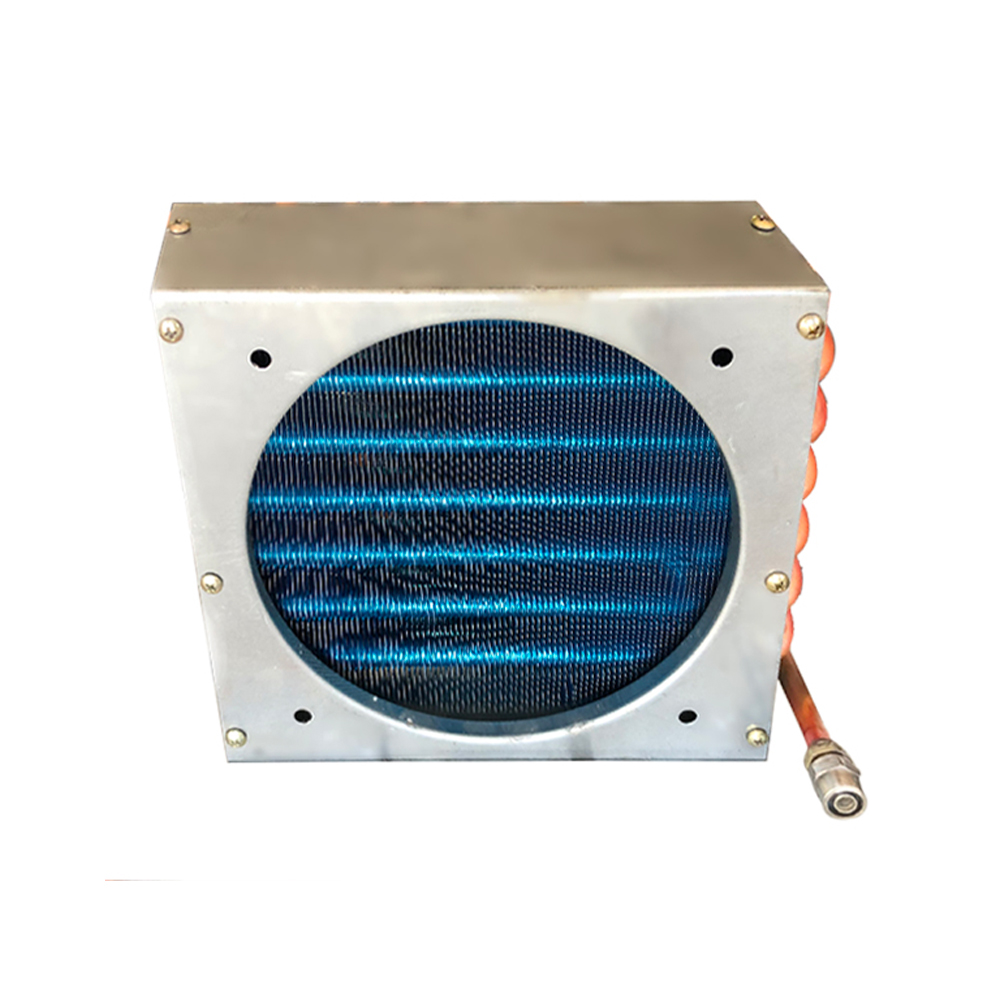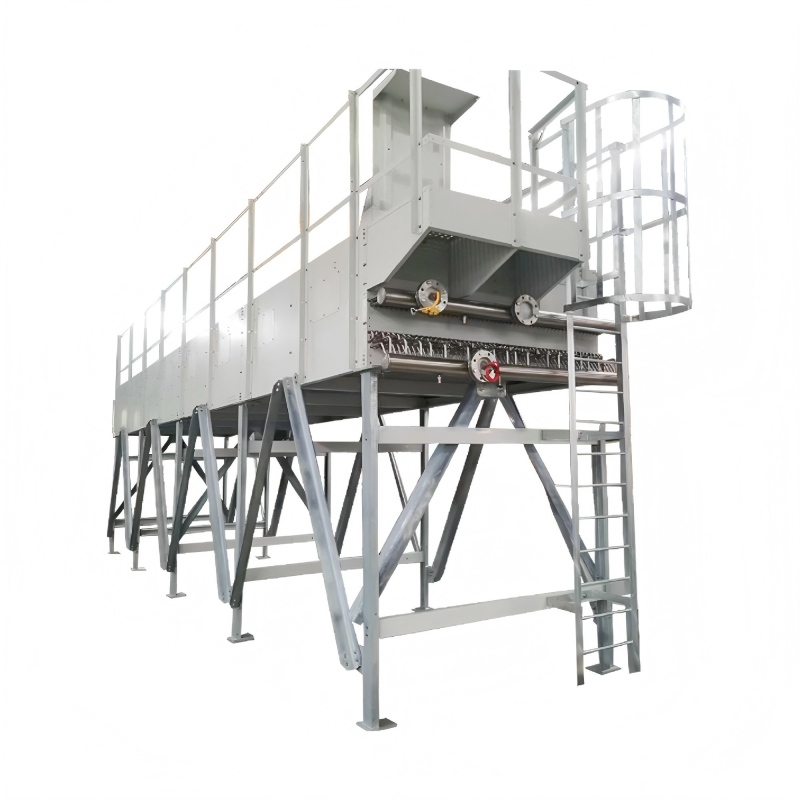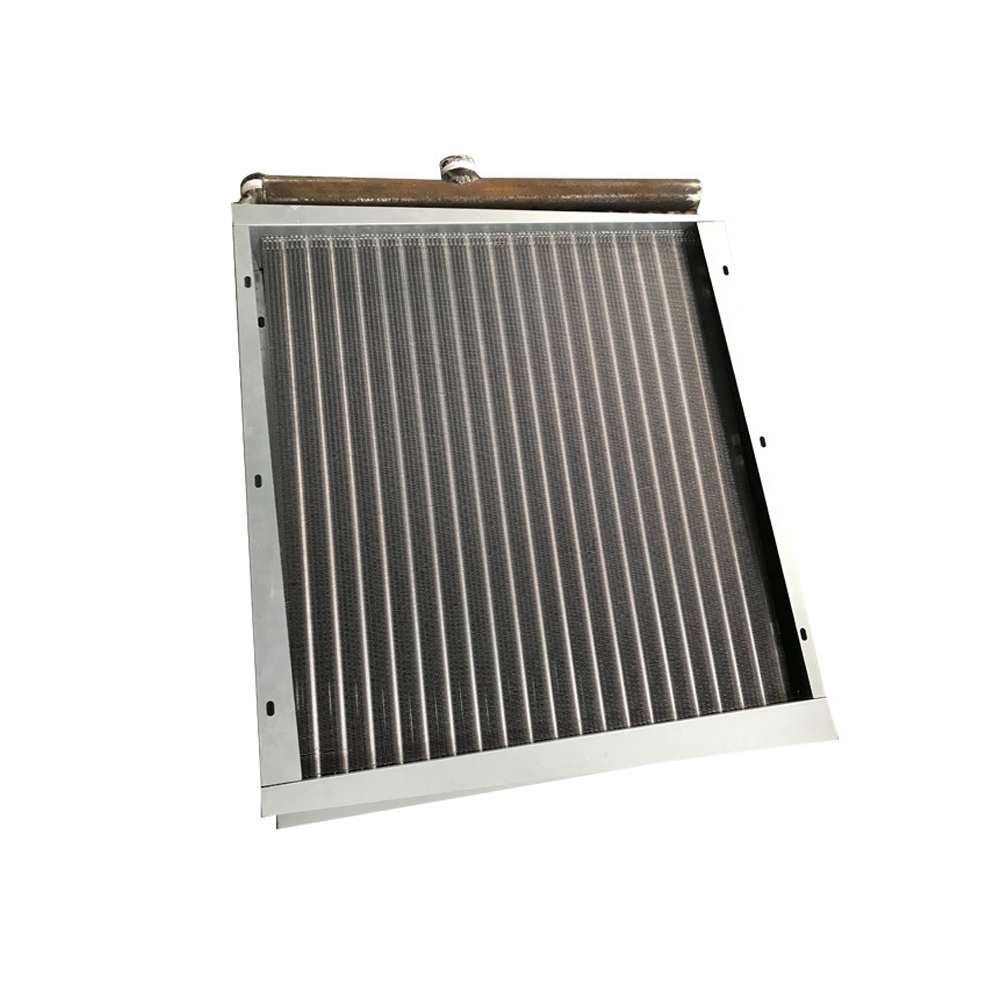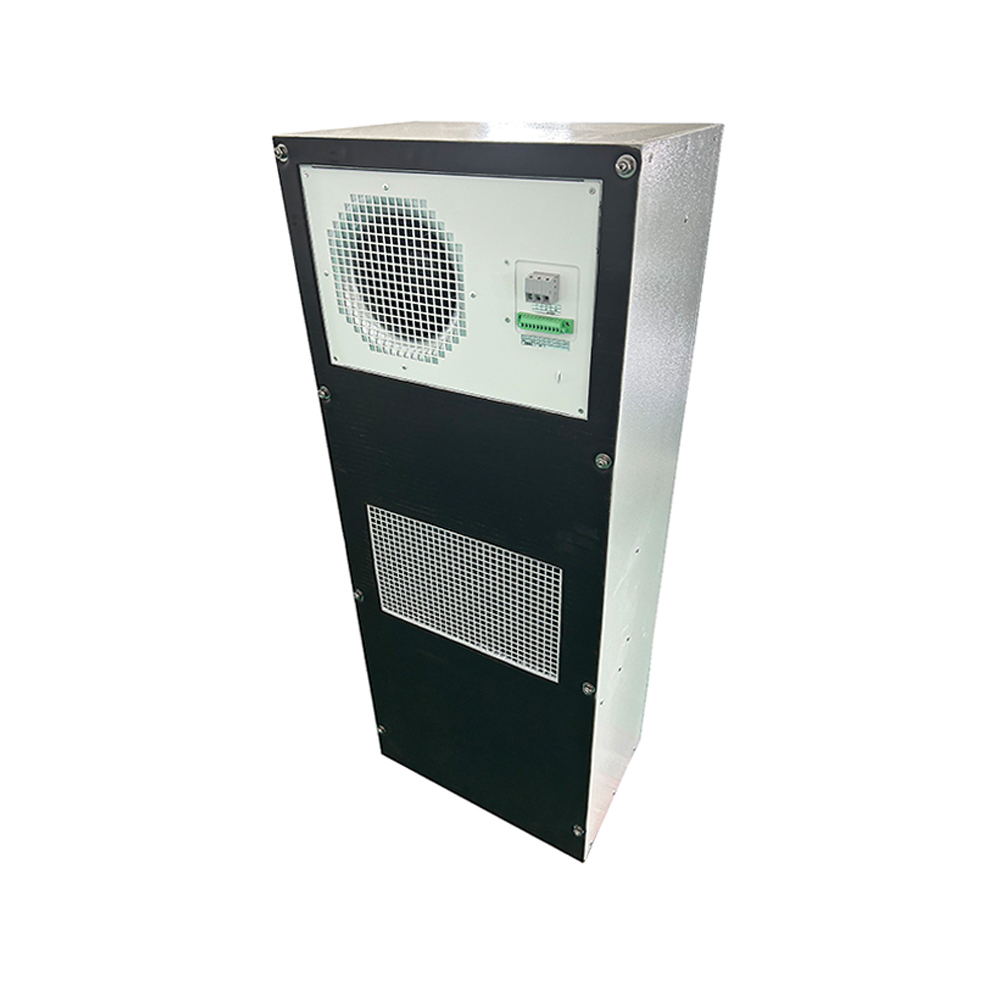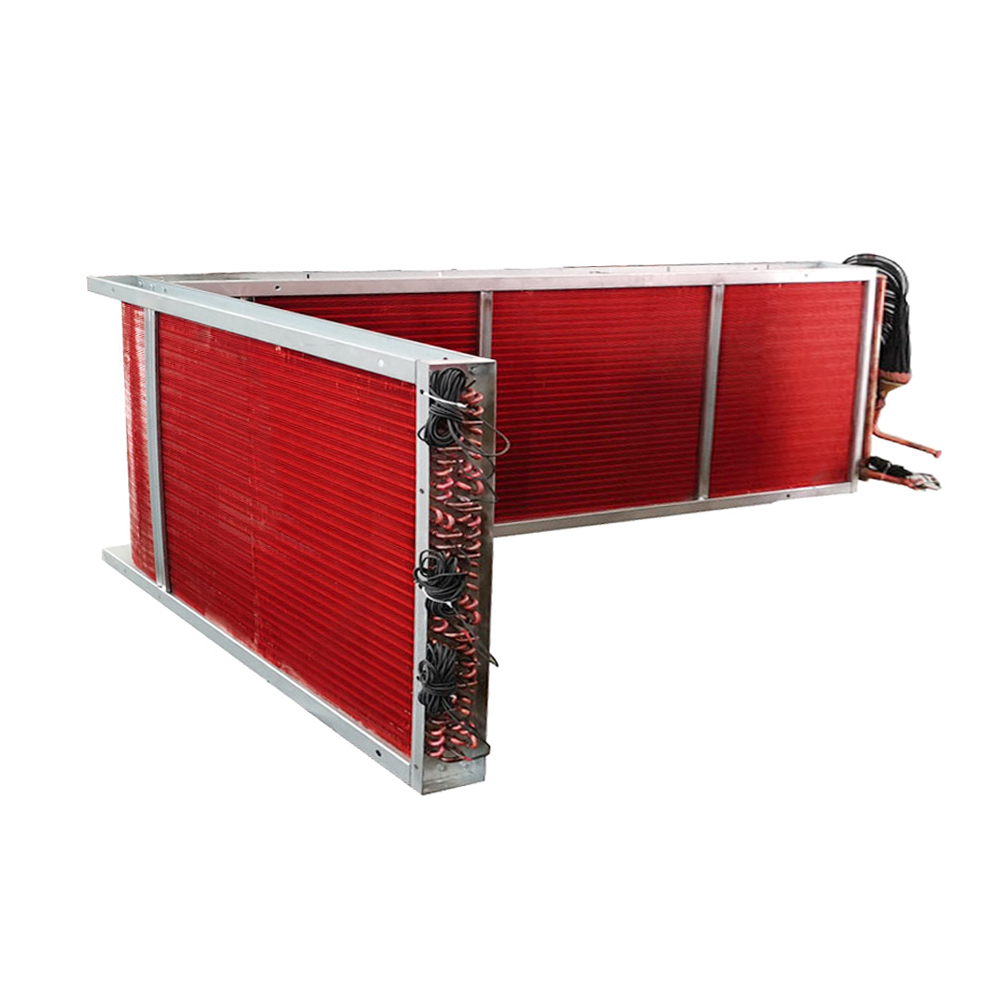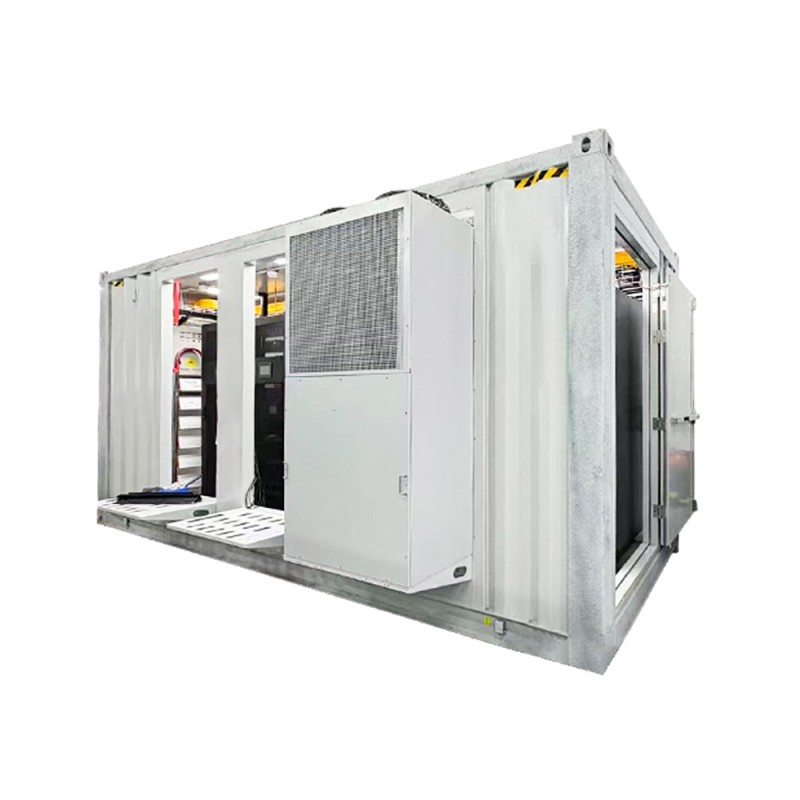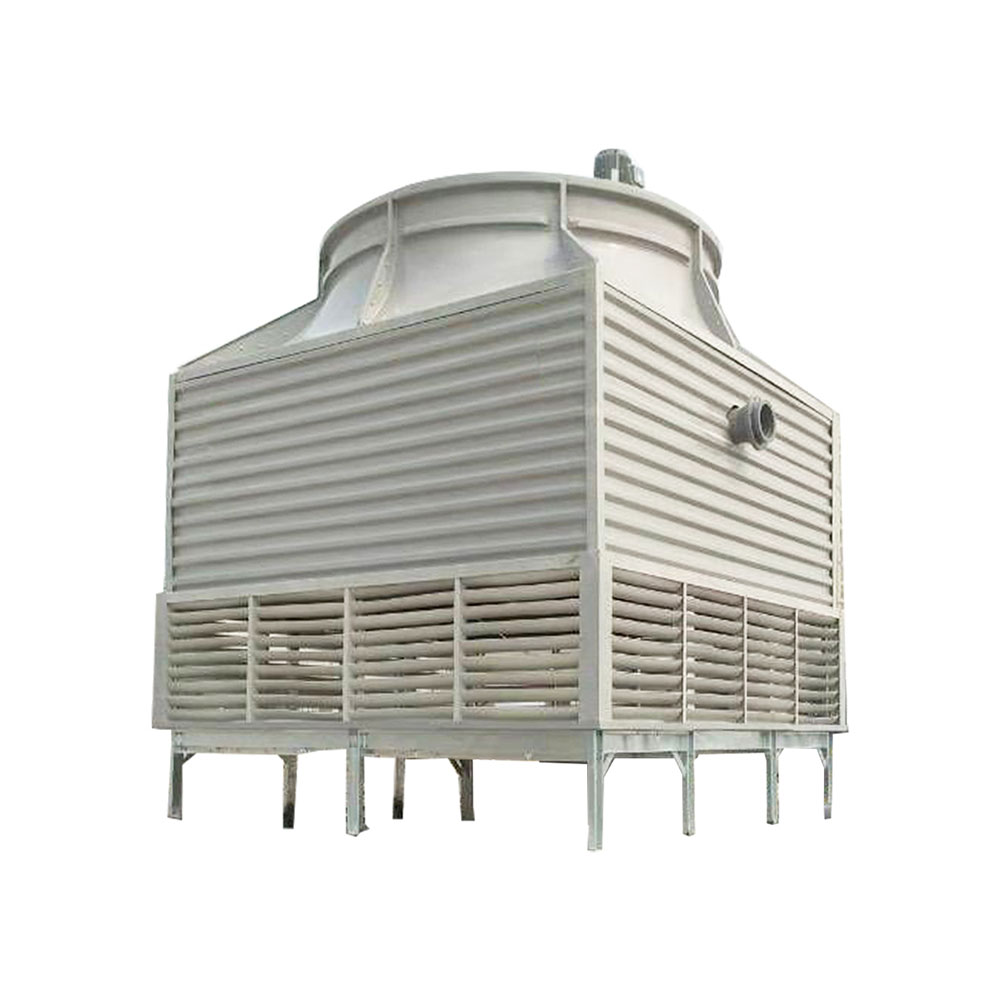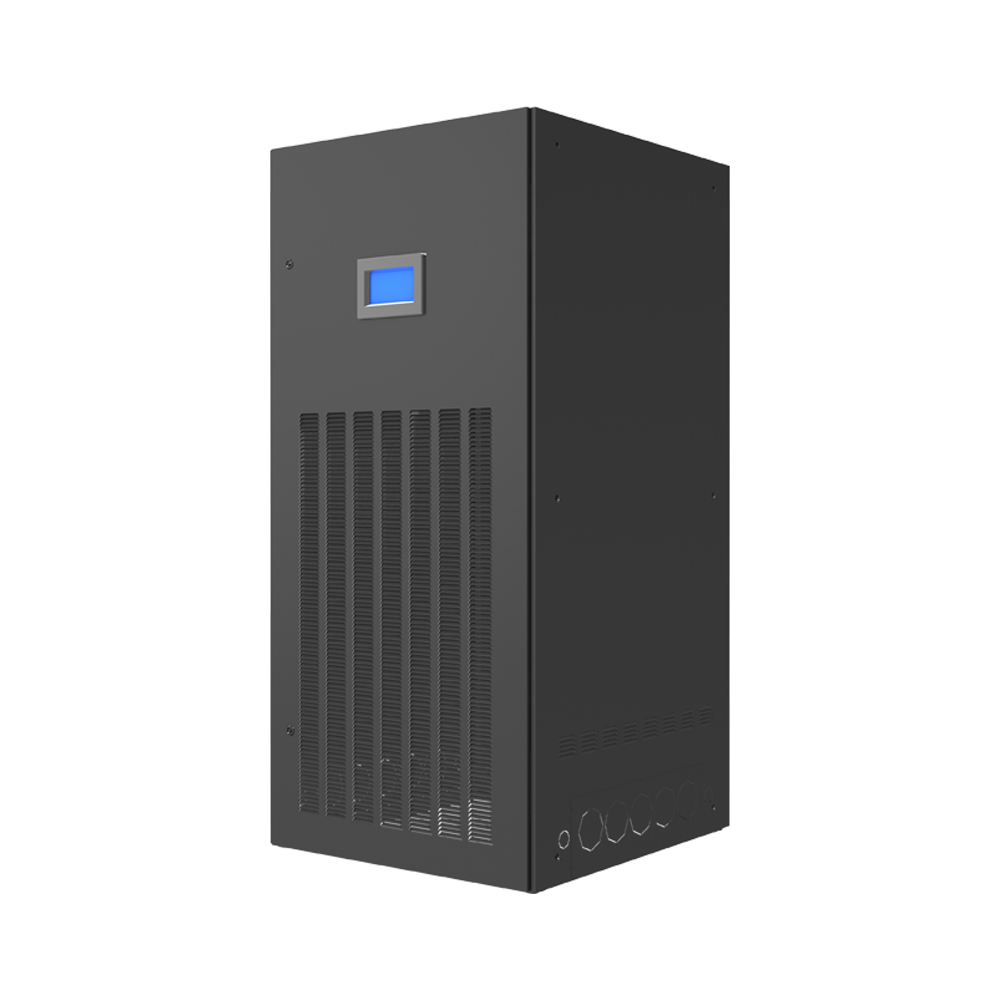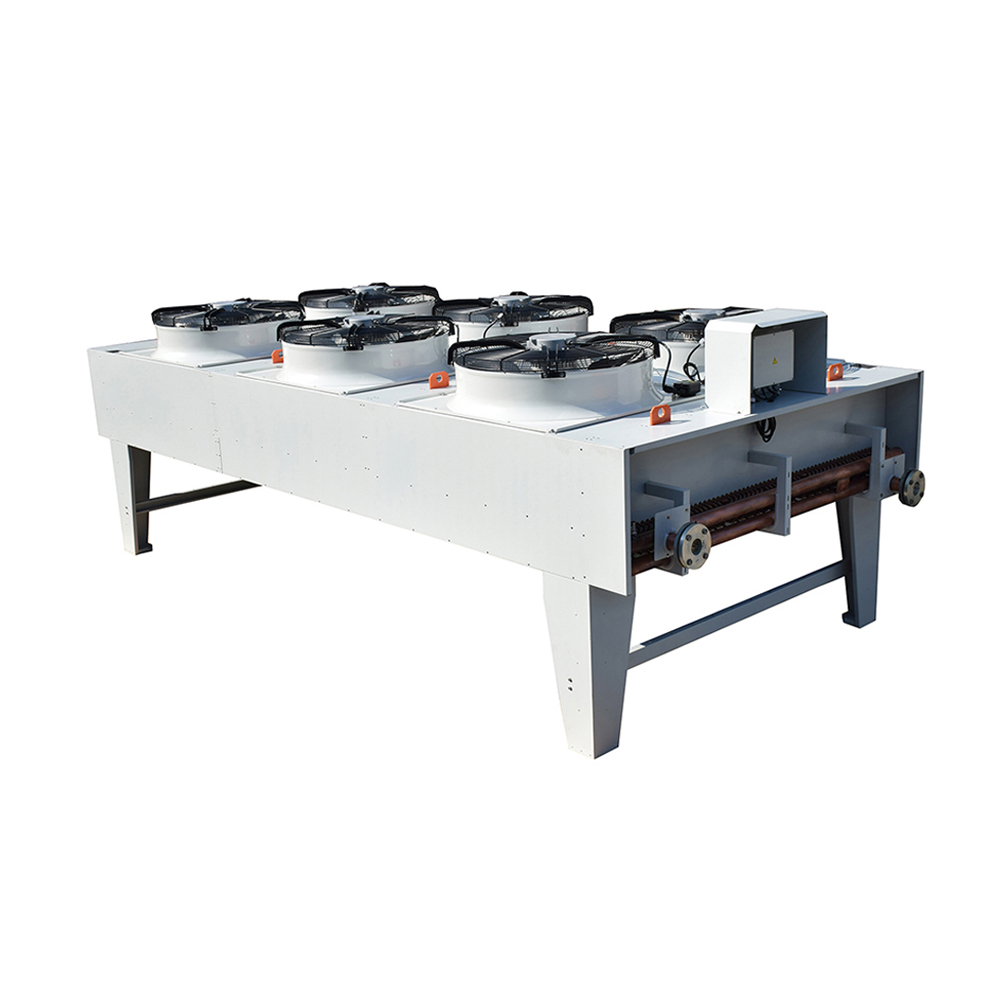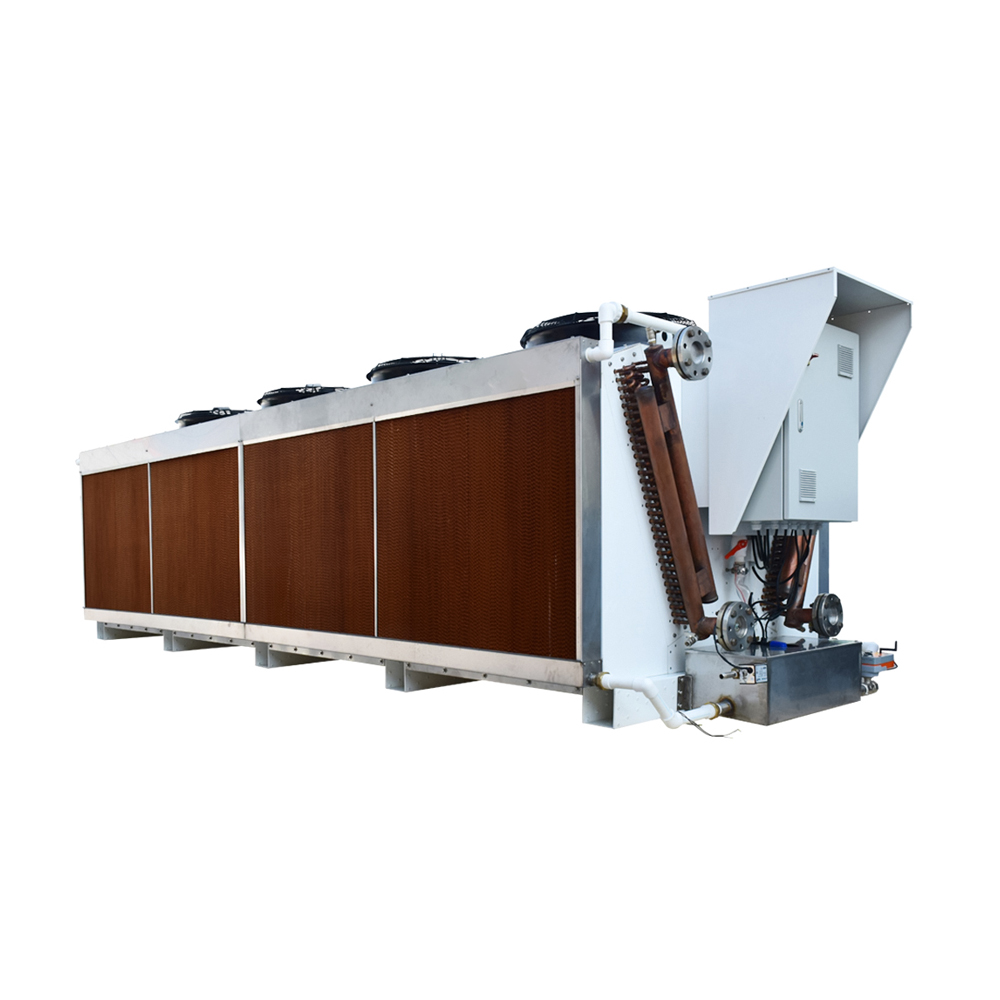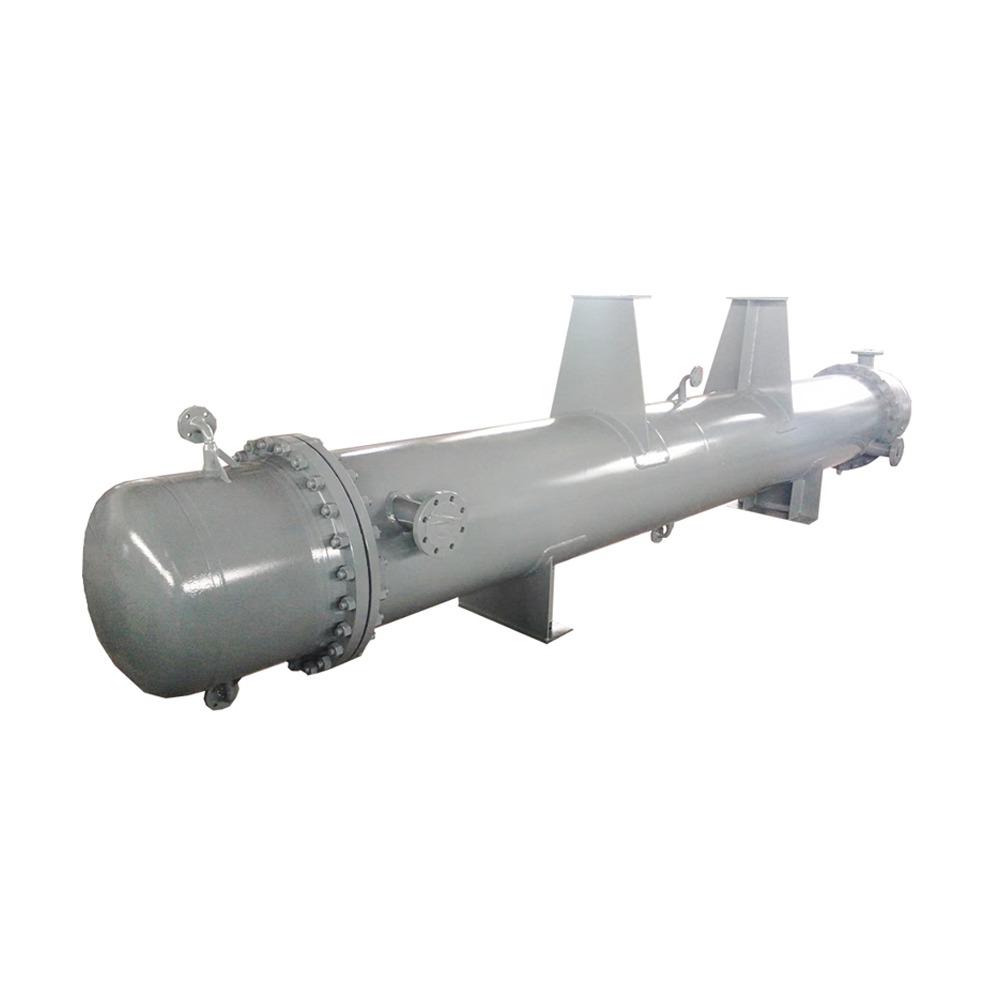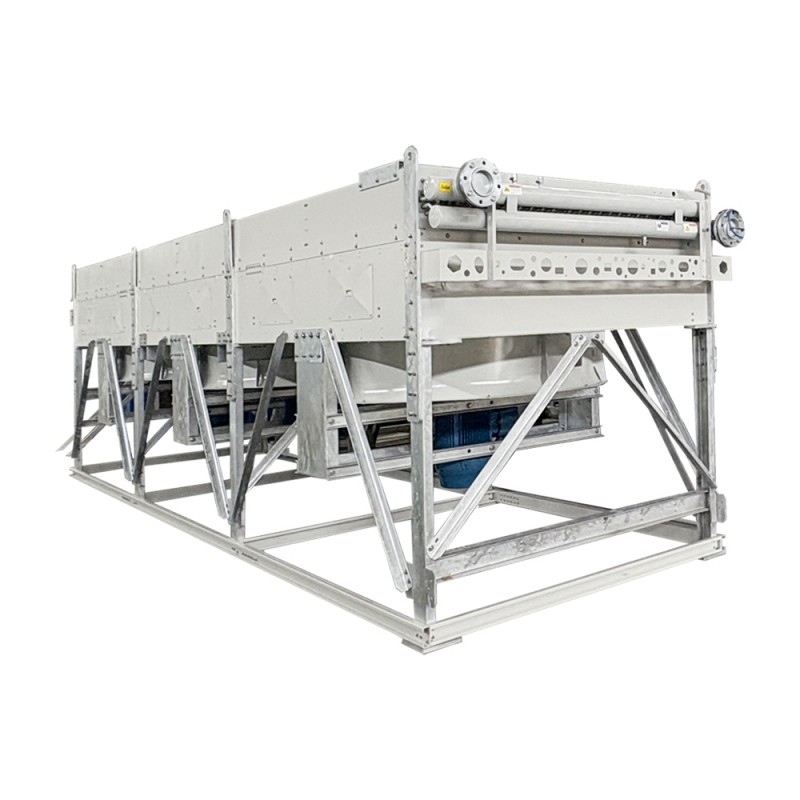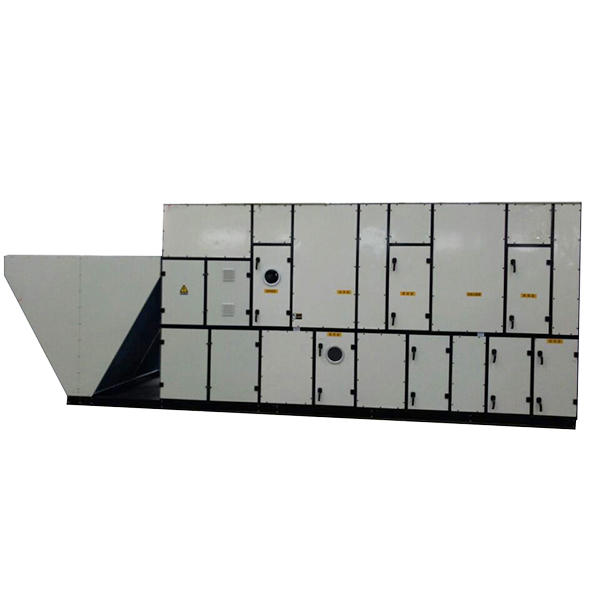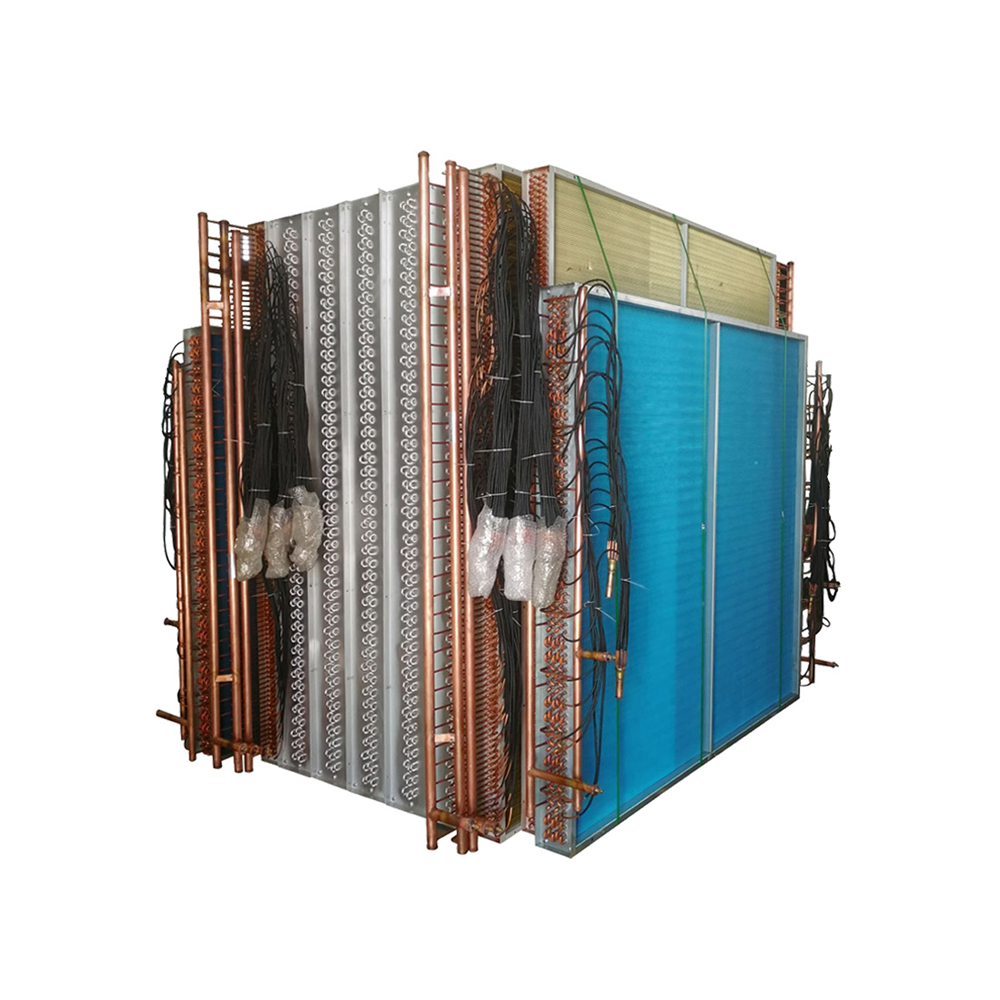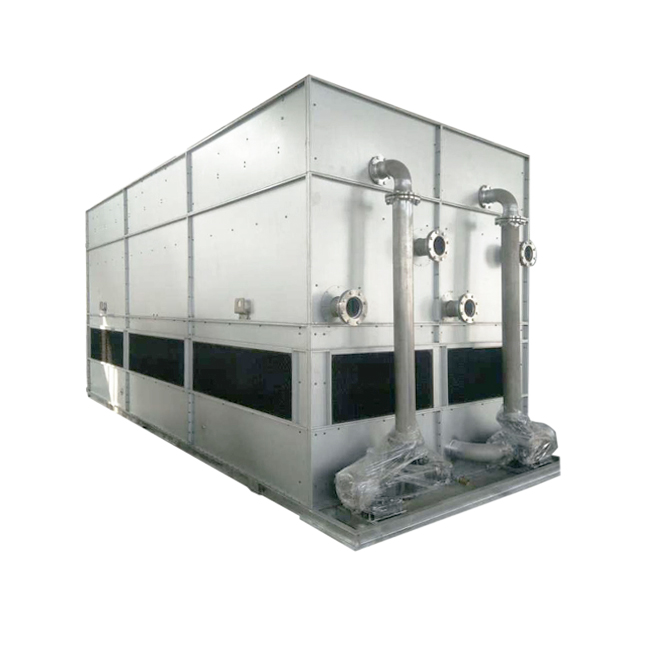This comprehensive guide explores the world of AC packaged units, helping you understand their features, applications, and selection process. We'll cover key considerations to ensure you choose the perfect system for your needs, from sizing and efficiency to maintenance and troubleshooting.
What is an AC Packaged Unit?
An AC packaged unit is a self-contained air conditioning system that combines all essential components – compressor, condenser, evaporator coil, and blower – into a single, compact unit. These units are typically installed outdoors, with only the air distribution system (ductwork and vents) located indoors. This design simplifies installation and maintenance compared to split systems. They're highly versatile, available in various sizes and capacities to suit diverse applications, from small commercial spaces to larger residential properties.
Types of AC Packaged Units
Split Systems vs. Packaged Units
While both cool air, packaged units offer a different approach than split systems. Split systems have separate indoor and outdoor units, often requiring more complex installation and potentially higher initial costs. Packaged units, conversely, offer streamlined installation and often simpler maintenance procedures. The best choice depends on the specific requirements of your project.
Different Cooling Capacities and Energy Efficiency
AC packaged units are available in a wide range of cooling capacities, measured in tons (1 ton = 12,000 BTU/hr). The capacity you need will depend on the size and insulation of the space you're cooling. Energy efficiency is another key factor, often rated using the SEER (Seasonal Energy Efficiency Ratio) rating. Higher SEER ratings indicate greater efficiency and lower energy costs. Choosing a unit with a high SEER rating is crucial for long-term cost savings.
Factors to Consider When Choosing an AC Packaged Unit
Space Requirements and Installation
Before selecting an AC packaged unit, carefully assess the available space for installation. Consider the unit's dimensions and weight, ensuring adequate clearance for airflow and maintenance access. Proper installation is vital for optimal performance and longevity. Professional installation is always recommended.
Budget and Return on Investment (ROI)
The cost of an AC packaged unit varies significantly depending on its size, capacity, features, and brand. While initial costs are a consideration, it's important to assess the long-term ROI. A more energy-efficient unit, although potentially more expensive upfront, can significantly reduce operating costs over its lifespan. Consider factors like energy efficiency ratings (SEER) and potential rebates or incentives offered by utility companies.
Maintenance and Repair
Regular maintenance is crucial for extending the lifespan of your AC packaged unit and ensuring optimal performance. This includes regular filter changes, coil cleaning, and professional inspections. Consider the ease of access for maintenance when selecting a location for the unit. Think about the availability of service technicians in your area and the reputation of the manufacturer for parts and service support.
Finding the Right AC Packaged Unit for Your Needs
Selecting the right AC packaged unit requires careful consideration of various factors. Consulting with a qualified HVAC professional is highly recommended to determine the appropriate size, capacity, and features for your specific needs. They can assess your space, evaluate your cooling requirements, and recommend suitable models based on your budget and energy efficiency goals. Remember to explore options from reputable manufacturers and consider their warranty offerings for peace of mind.
Comparing Popular AC Packaged Unit Brands
Several manufacturers offer high-quality AC packaged units. The best choice often depends on factors like budget, specific features needed, and availability in your region. Researching different brands and comparing their features, efficiency ratings, and warranties is essential before making a decision.
| Brand | Model (Example) | SEER Rating | Cooling Capacity (Tons) |
| Brand A | Model X | 16 | 5 |
| Brand B | Model Y | 18 | 3 |
| Brand C | Model Z | 15 | 10 |
For more information on high-quality AC packaged units, consider contacting Shanghai SHENGLIN M&E Technology Co.,Ltd. They offer a wide variety of options to suit your needs.
Disclaimer: This information is for educational purposes only and should not be considered professional HVAC advice. Always consult with a qualified HVAC professional for proper sizing, installation, and maintenance of your AC packaged unit.









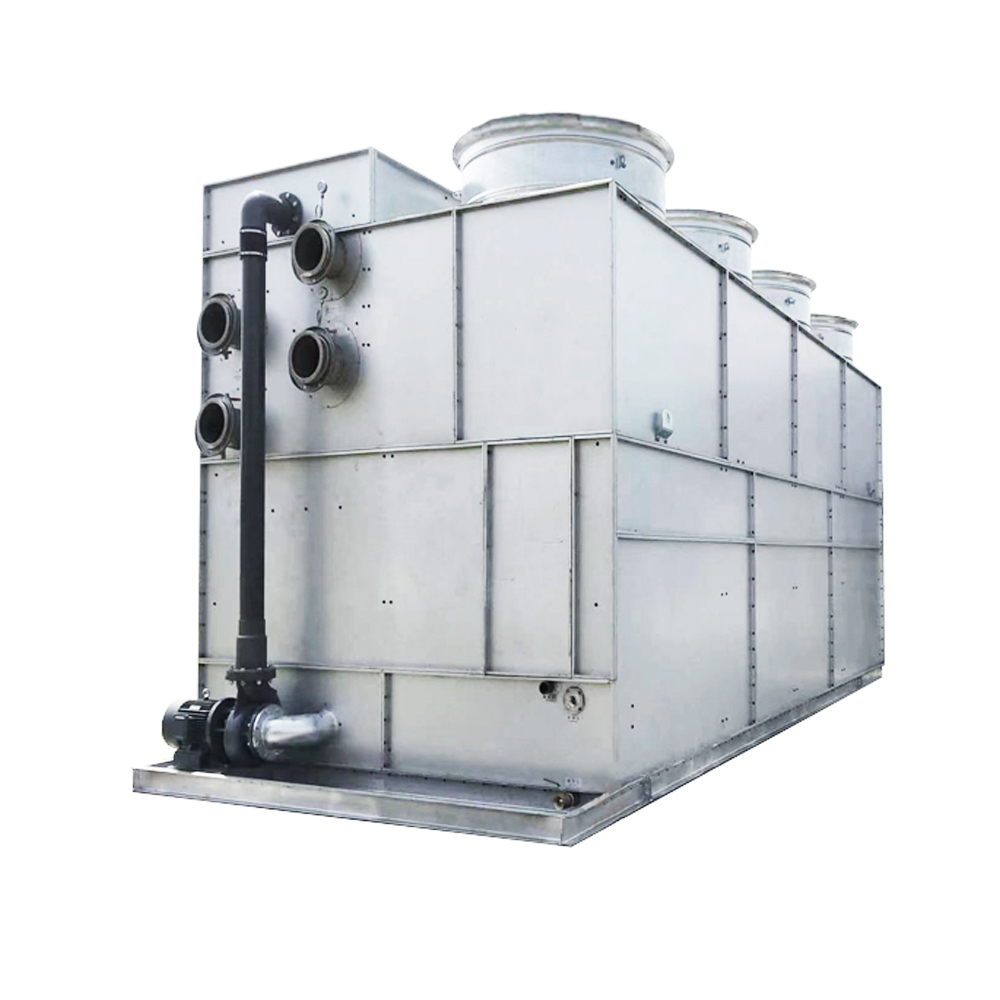
.jpg)
